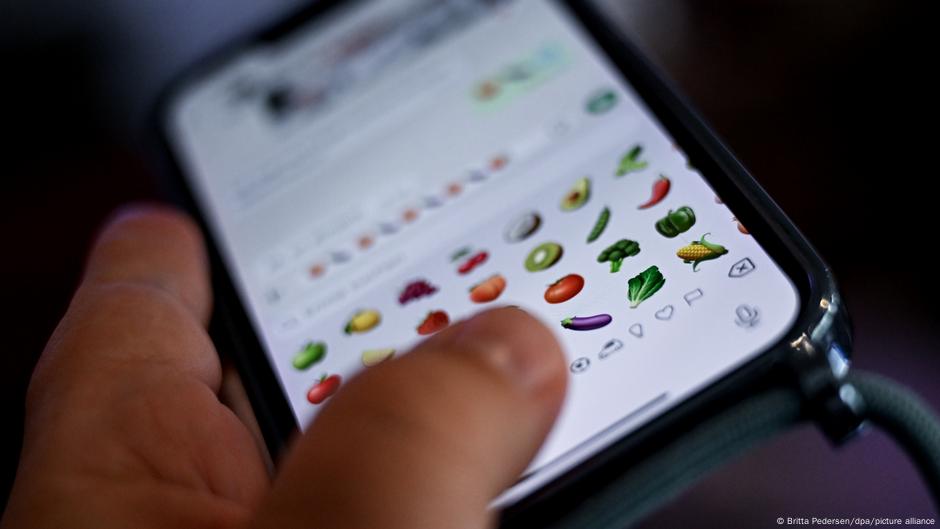police on Wednesday said they were developing an artificial intelligence tool to help investigators decipher emoji-filled and slang-heavy messages used by .
Officials say the initiative could prove to be a gamechanger when it comes to tackling in the digital age.
What have Australian police said about cracking the emoji code?
Australian Federal Police (AFP) Commissioner Krissy Barrett said Wednesday that her force was working with Microsoft to create a prototype capable of interpreting and Generation Alpha slang in encrypted messages and chat groups. “This prototype aims to make it quicker for our teams to save children from harm much earlier,” Barrett said.
Gen Z refers to anyone born between the late 1990s and early 2010s, while Generation Alpha encompasses those born later. Together, they are the first fully digital-native generations shaped by social media, smartphones, and now AI.
Barrett said the initiative is part of a broader campaign to disrupt what she called “decentralised online crime networks” that glorify violence and exploitation. “They are crimefluencers, and are motivated by anarchy and hurting others,” she said.
Barrett urged parents to engage more closely with their children about online activity, warning that criminals were exploiting slang, emojis, and digital culture to disguise abusive behavior. “If it used to take a village to raise a child. Because of advances in technology, it now takes a country to keep them safe,” she said.
The AFP has identified 59 suspected offenders linked to such networks, with nine international and three domestic arrests already made.
Who are the perpetrators?
The three suspects detained in Australia were aged between 17 and 20. Barrett said they were members of online groups grooming victims online and coercing them into acts of self-harm or violence.
“These networks, which I will not name because it will validate the notoriety they crave, are a new and disturbing front in traditional gendered-based violence,” Barrett said. “This is purely for their amusement — for fun — or to be popular online without fully understanding the consequences.”
“Overwhelmingly, the perpetrators are young boys and young men from Western English-speaking backgrounds,” said Barrett. “Overwhelmingly, young girls are the victims, and they are being intimidated, exploited and controlled. Typically, these young girls have low self-esteem, mental health disorders, history of self-harm, eating disorders or other attributes that may lead them to seek connection online.”
Barrett said the culprits would challenge one another to encourage victims to perform serious acts of violence on themselves, siblings and others including pets.
“To be accepted into these networks, the perpetrators often have to pass a test or undertake a task, such as providing videos of the self-harm of others, or other gory content.”
The announcement came as Australia prepares to enforce new age restrictions on social media from December 10. Under the new rules, platforms including Facebook, Instagram, and TikTok will be required to remove users under 16.
Edited by: Kieran Burke
The post Australia trials AI to decode Gen Z slang in predator cases appeared first on Deutsche Welle.




